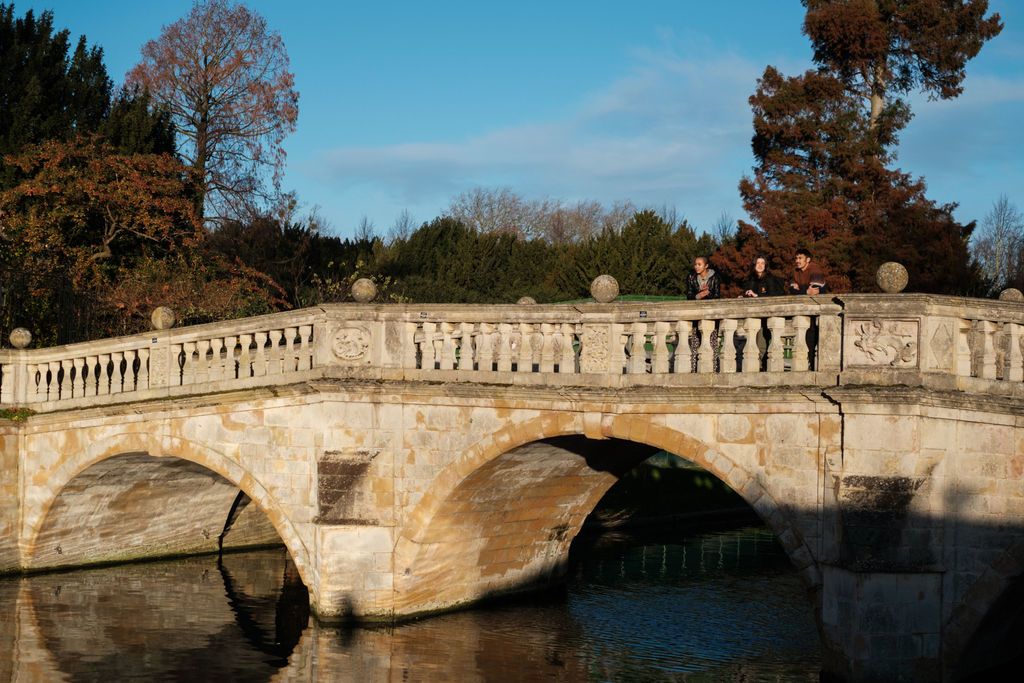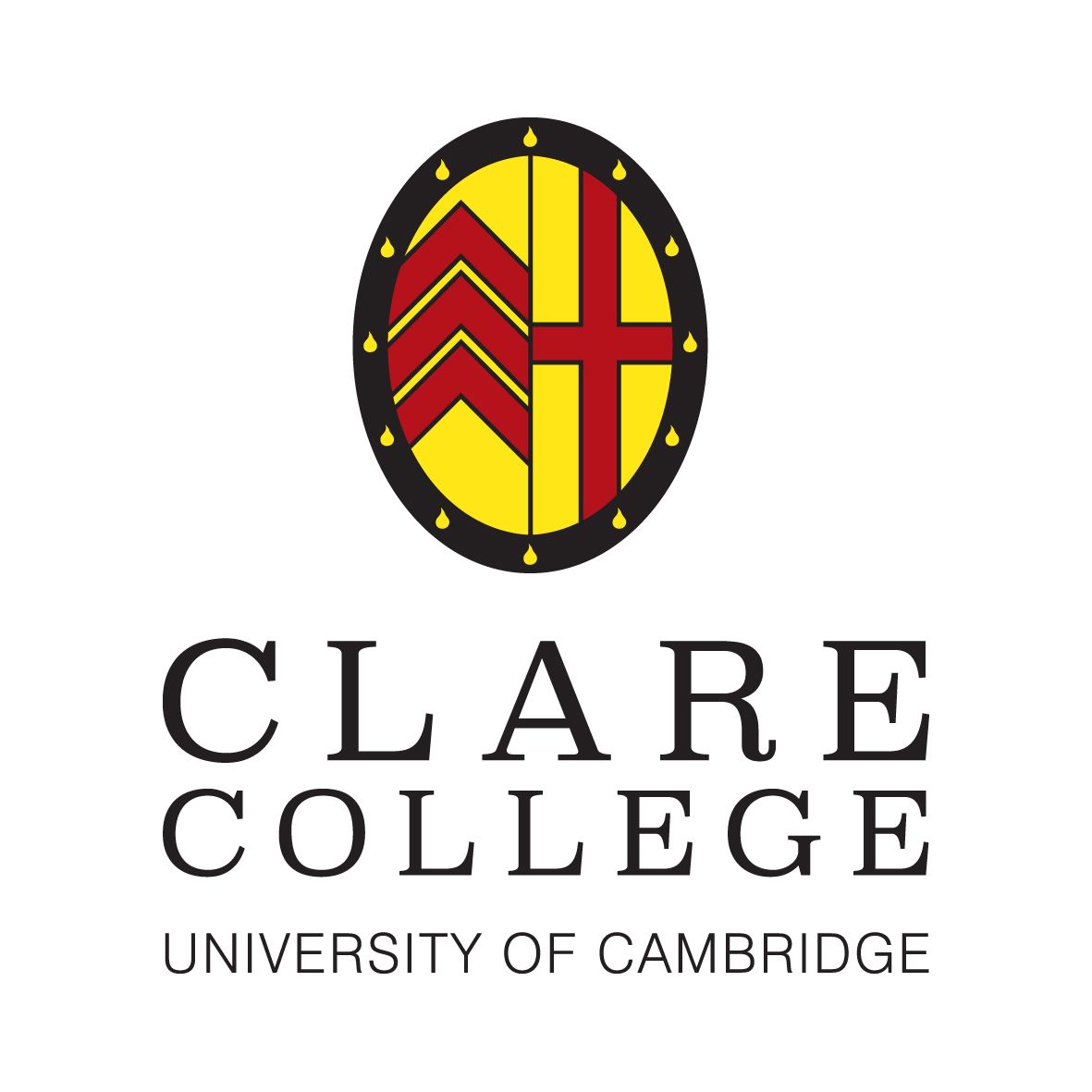
Clare's vision for its eighth century
As the College approaches its 700th anniversary in 2026, it has embarked on the process of developing a strategic vision for its eighth century.
This process involves the whole College membership – students, staff, Fellows and alumni – in order to capture a diverse range of views and build engagement around a shared vision.
From November 2022 to the end of January 2023, all members of the Clare community were invited to participate in an online questionnaire, to share their thoughts on the strategic challenges, risks, opportunities and choices facing the College.
Altogether, almost 3000 members of College responded to the questionnaire, including over 2400 alumni.
On this site, you can explore the results of the questionnaire and keep in touch with the progress of the wider strategic vision process.
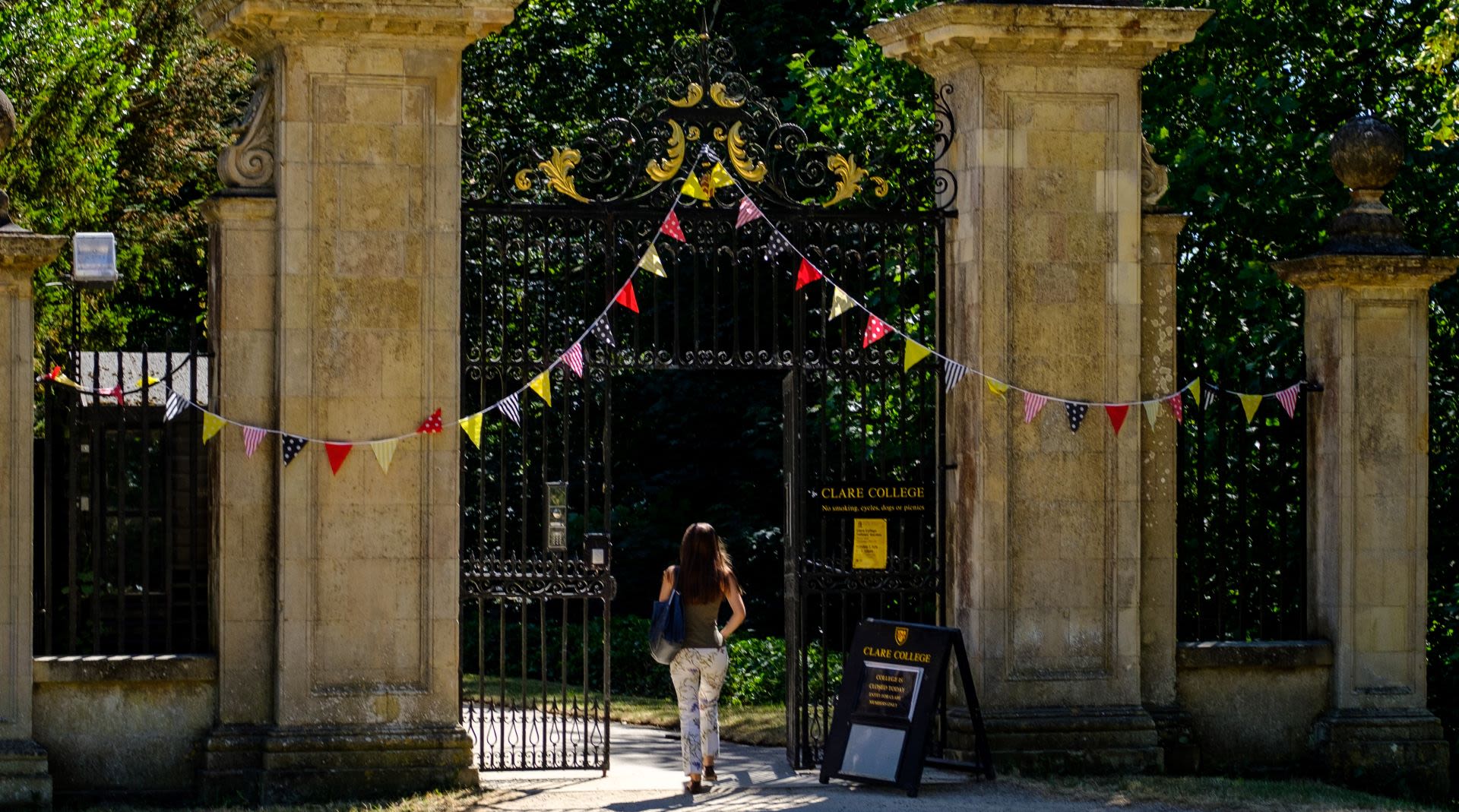
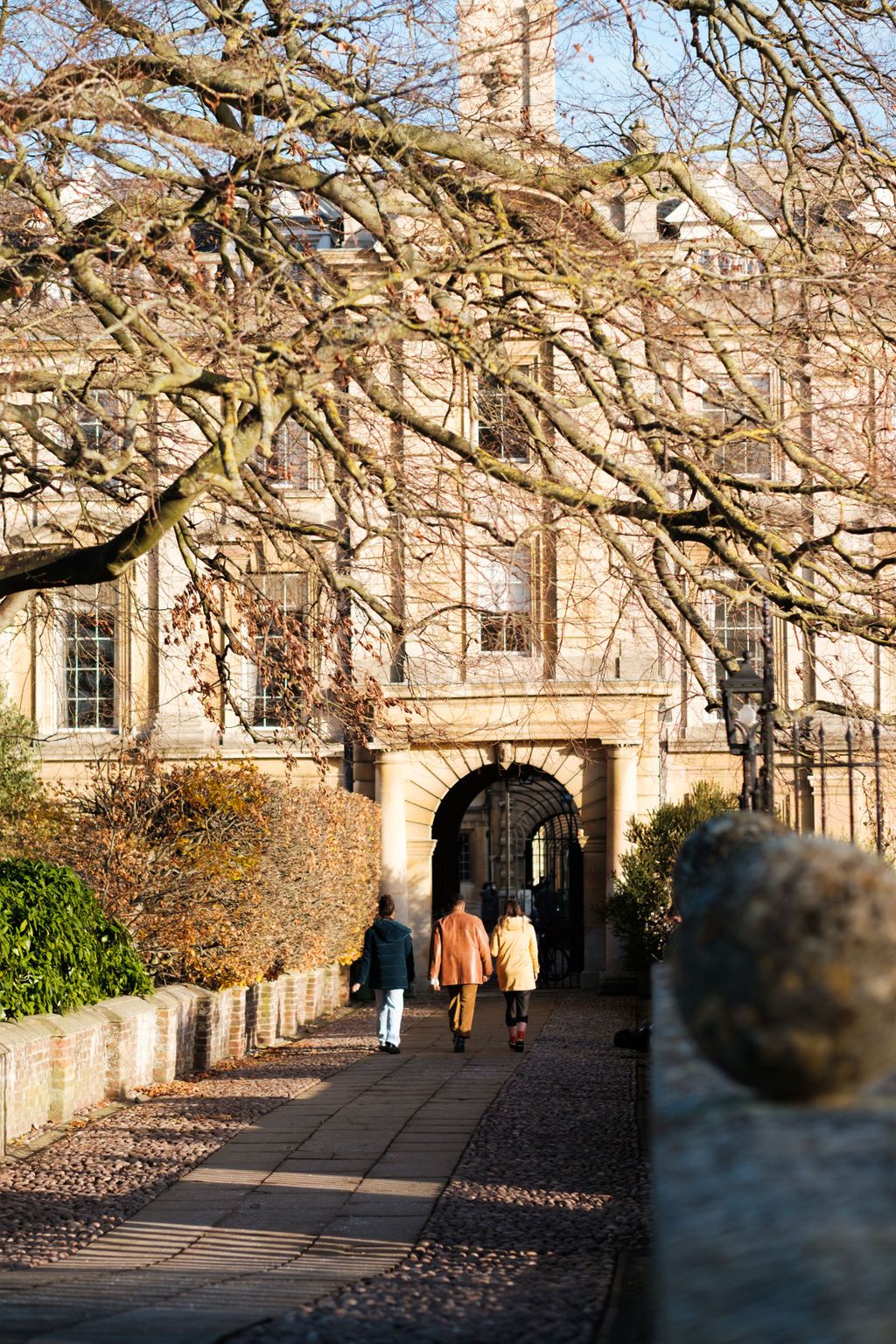
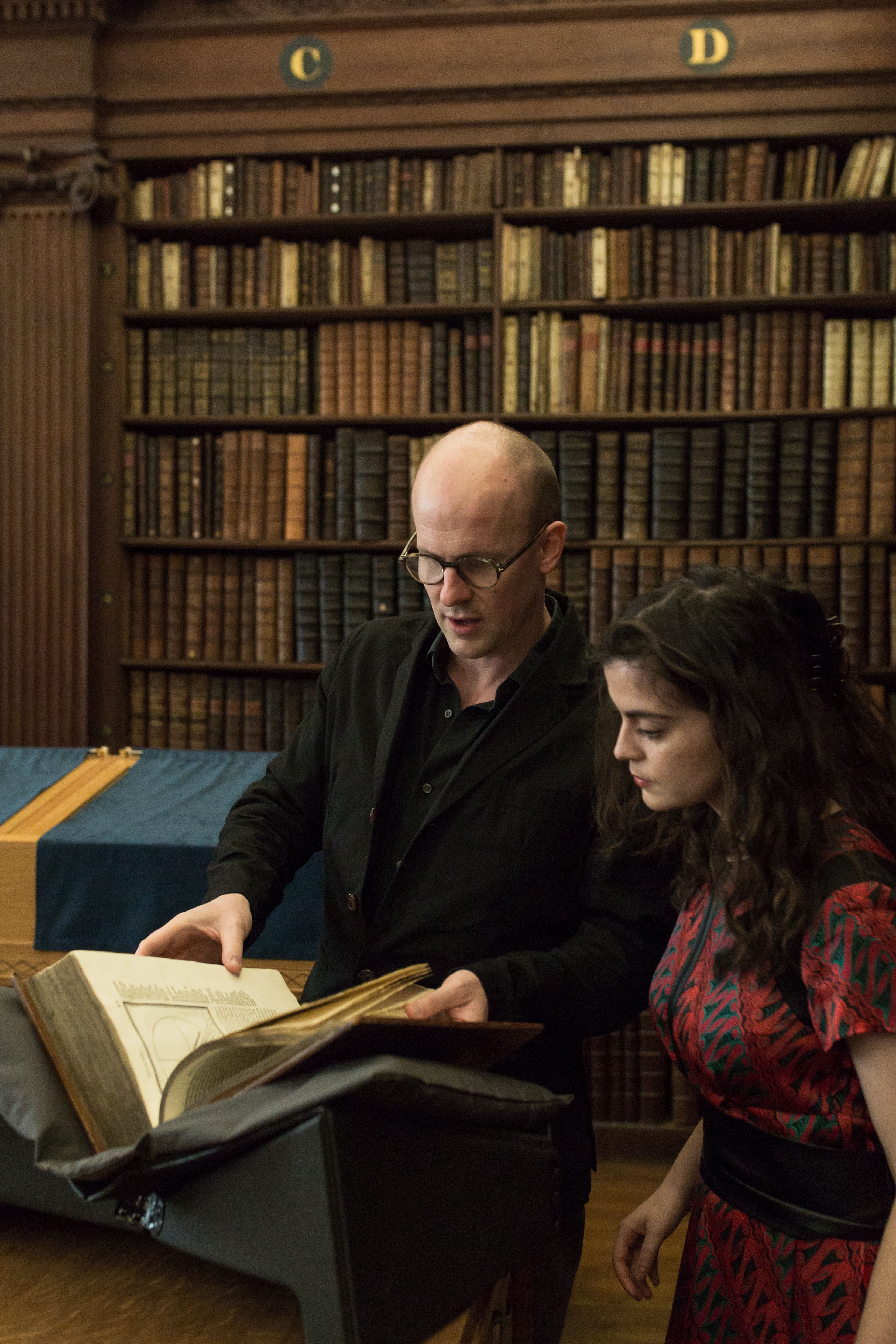
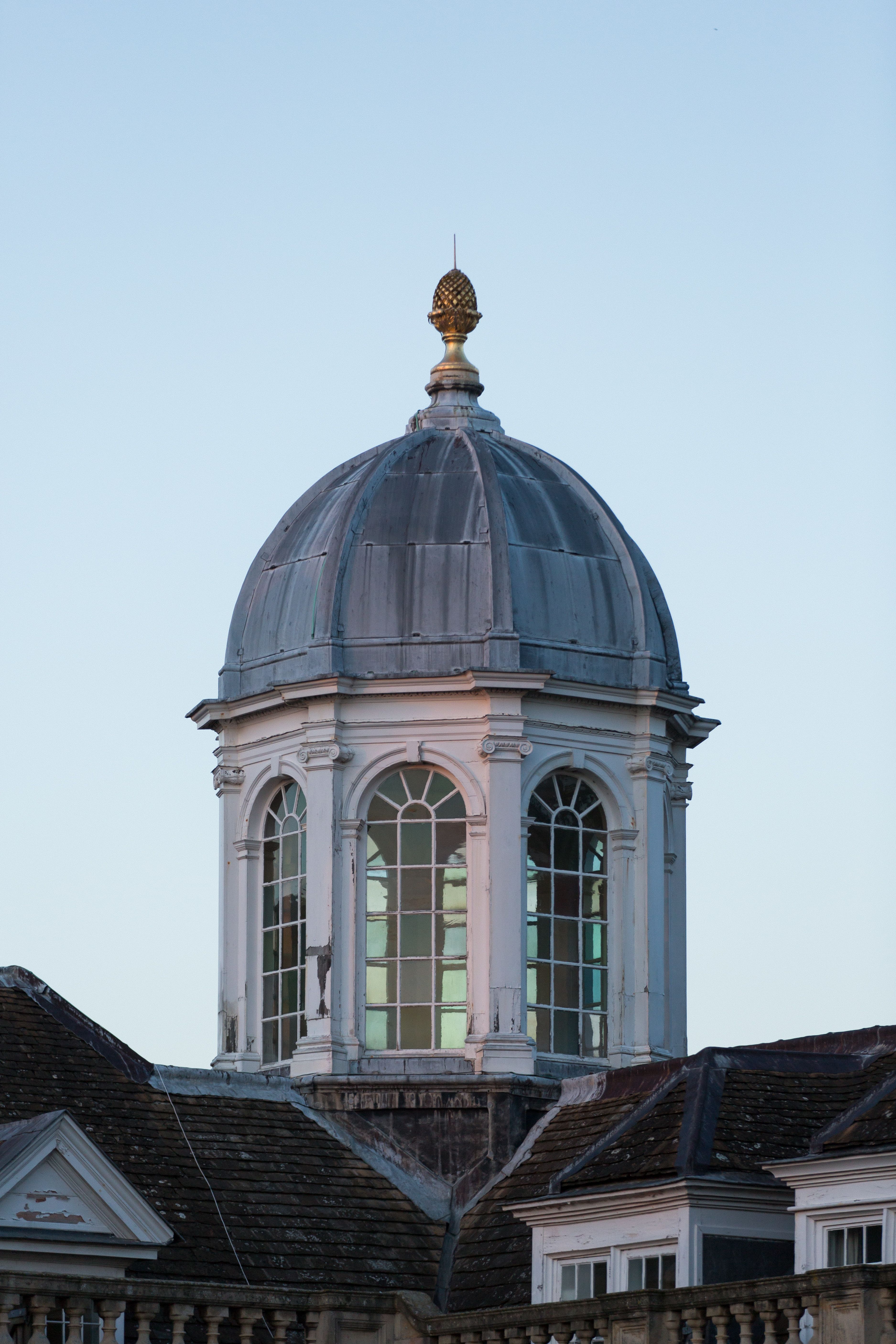
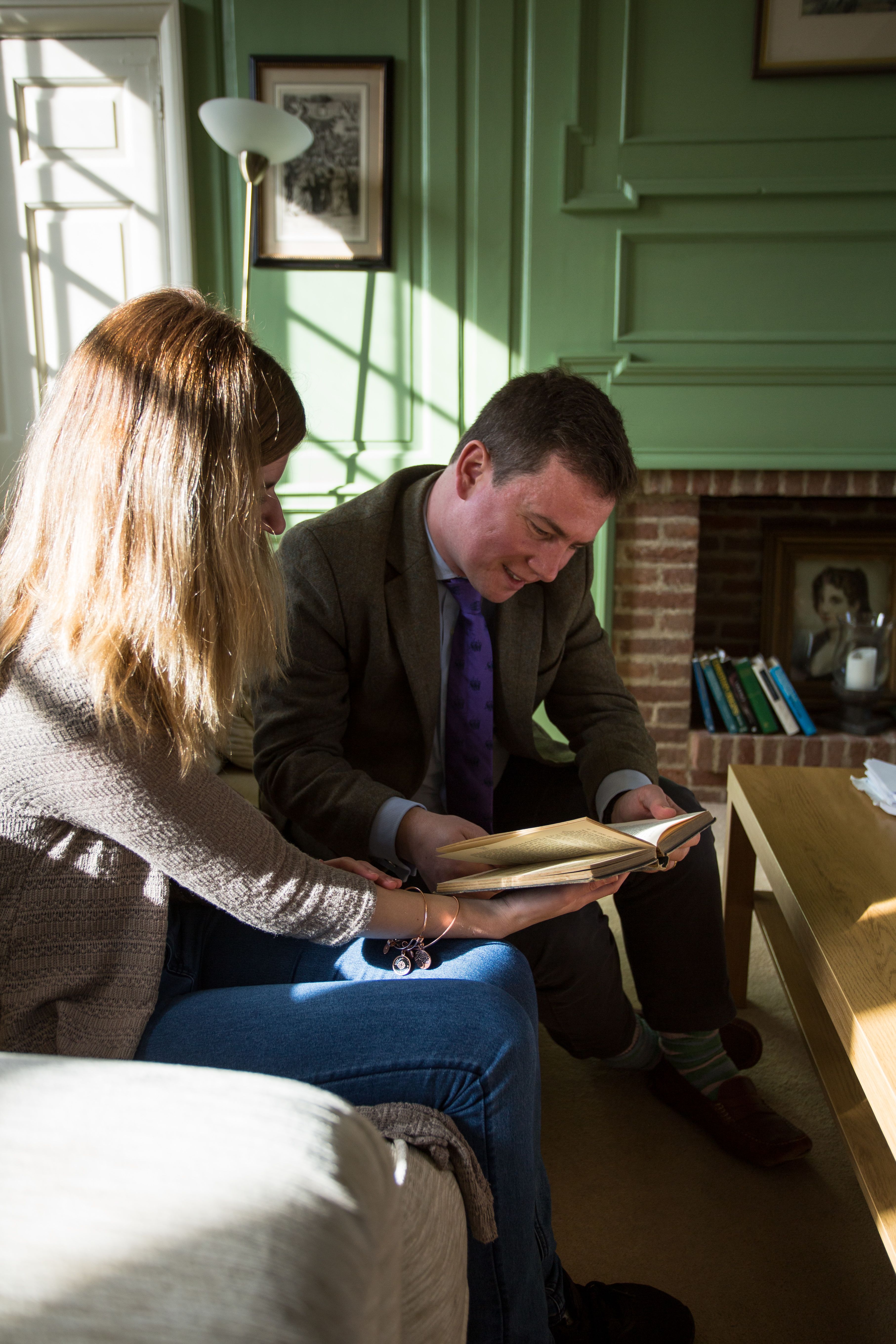
Questionnaire results
Q1. Values
Respondents were asked to select up to 3 values that they thought should define Clare.
The most popular responses were:
- Excellence
- Equality, Diversity and Inclusion
- Openness and Fairness
Q2. Current strengths
Respondents were asked to select up to 3 areas for which Clare is currently known.
There was a high level of agreement that Clare is currently best known for:
- Music & the Choir
- Its Historic Buildings & Gardens
- A Supportive & Nurturing Environment
Q3. Future priorities
Respondents were asked to select up to 3 areas for which they would like Clare to be known for in the future.
Again, there was a high level of agreement that Clare should be known for:
In summary, respondents wanted Clare to be known in future for:
- Academic Excellence
- A Supportive & Nurturing Environment
- The Student Experience
Q4. Impediments
Respondents were asked what they thought were the major impediments to Clare realising its full potential.
The three most popular responses were:
- Financial Constraints
- Staff Attraction and Retention
- Slow Decision-Making
Q5. Student Body
Respondents were asked, assuming that overall student numbers were maintained at current levels, if Clare should maintain the current balance between undergraduate and graduate students, increase the proportion of undergraduates, or increase the proportion of graduate students.
There was strong and unanimous support for maintaining the current balance.
Q6. Admissions
Respondents were asked which of the following statements they agreed with most:
1. Clare should continue to admit undergraduates in all subjects taught by the University;
2. Clare should continue to admit undergraduates in all subjects while developing areas of particular strength;
3. Clare should develop areas of particular strength and discontinue admissions in certain subjects.
The current position (statement 1) attracted the most support.
Q7. Diversity
Respondents were asked to assess how diverse the College currently is.
Most respondents thought the College was currently somewhat diverse.
Q8. Supervisions
Respondents were asked which of the following statements they agreed with most:
1. Clare should ensure, wherever possible, that its undergraduates are supervised by Clare Fellows;
2. Clare should arrange supervisions with the most appropriate supervisor, irrespective of College.
There was strong support for statement 2.
Q9. Life Skills
Respondents were asked which of the following statement they agreed with most:
1. Clare should provide diverse extra-curricular opportunities but students should take personal responsibility for acquiring leadership and life skills;
2. Clare should actively encourage students to acquire leadership and life skills, by offering tailored programmes;
3. Clare should offer the acquisition of leadership and life skills as a core part of the student experience.
There were markedly different views on this question. A large majority of Alumni and Fellows preferred option 1. Staff were broadly split between the three options, with a narrow majority favouring option 3. Students favoured option 2.
This question is being explored further in focus groups.
Q10. Preparation for life after graduation
Respondents were asked how well they thought Clare prepared its students for life after graduation.
(Current students were not asked this question.)
Most believed the College prepares its students ‘moderately well’ for life after graduation, but this perception declined markedly among more recent graduates (those with the most recent experience of entering the labour market). The College is therefore exploring how it can better prepare students for life after graduation.
Q11. Responsibility to society
Respondents were asked to rank the following statements in order of importance:
- Clare has a responsibility to its own students, staff, Fellows and alumni
- Clare has a responsibility to society in the local Cambridge area
- Clare has a responsibility to society nationally
- Clare has a responsibility to society internationally
There was strongest support for the first statement, with undergraduates and staff also favouring the College showing responsibility to the local Cambridge area while Fellows, alumni and graduate students favoured Clare exercising responsibility at the national level.
Q12. Societal challenges and College leadership
Respondents were asked to rank the following statements in order of importance:
- Clare should show leadership in environmental sustainability
- Clare should show leadership in ethical, social and cultural issues
- Clare should leverage its knowledge, expertise and networks to address societal challenges
There was strongest support for statement 3.
Q13. College and University
Respondents were asked to rank the following statements in order of importance:
- Clare should prioritise its own interests
- Clare should be an active participant in the University as a whole
- Clare should take a leadership role in the University as a whole
There was strongest support for statement 2.
Q14. Communications
Respondents were asked to describe the current level of College communications.
All four constituencies thought that the current level of communications was ‘About right’. Alumni were most satisfied with the current level of communications. Staff were least satisfied. The College has recently appointed a College Communications Manager with an initial focus on improving internal communications.
Q15. More information about…
Respondents were asked which areas they would like Clare to provide more information about in its regular communications.
Fellows chose:
1. Academic achievements
2. Access and outreach
3. Challenges facing the Higher Education sector.
Staff chose:
1. Academic achievements
2. Fellows’ research
3. Environmental sustainability
Students chose:
1. Fellows’ research
2. Student health & wellbeing
3. Access & outreach
Alumni chose:
1. Fellows’ research
2. Academic achievements
3. Alumni news
While there is some overlap, the responses demonstrate the need for tailored communications to different constituencies.
Q16. Priorities for expenditure
Respondents were asked to rank areas of current expenditure in order of priority, given an era of financial pressures.
The most popular priorities for expenditure were:
1. Bursaries and hardship
2. Increasing the pay of the lowest paid staff
3. The supervision system
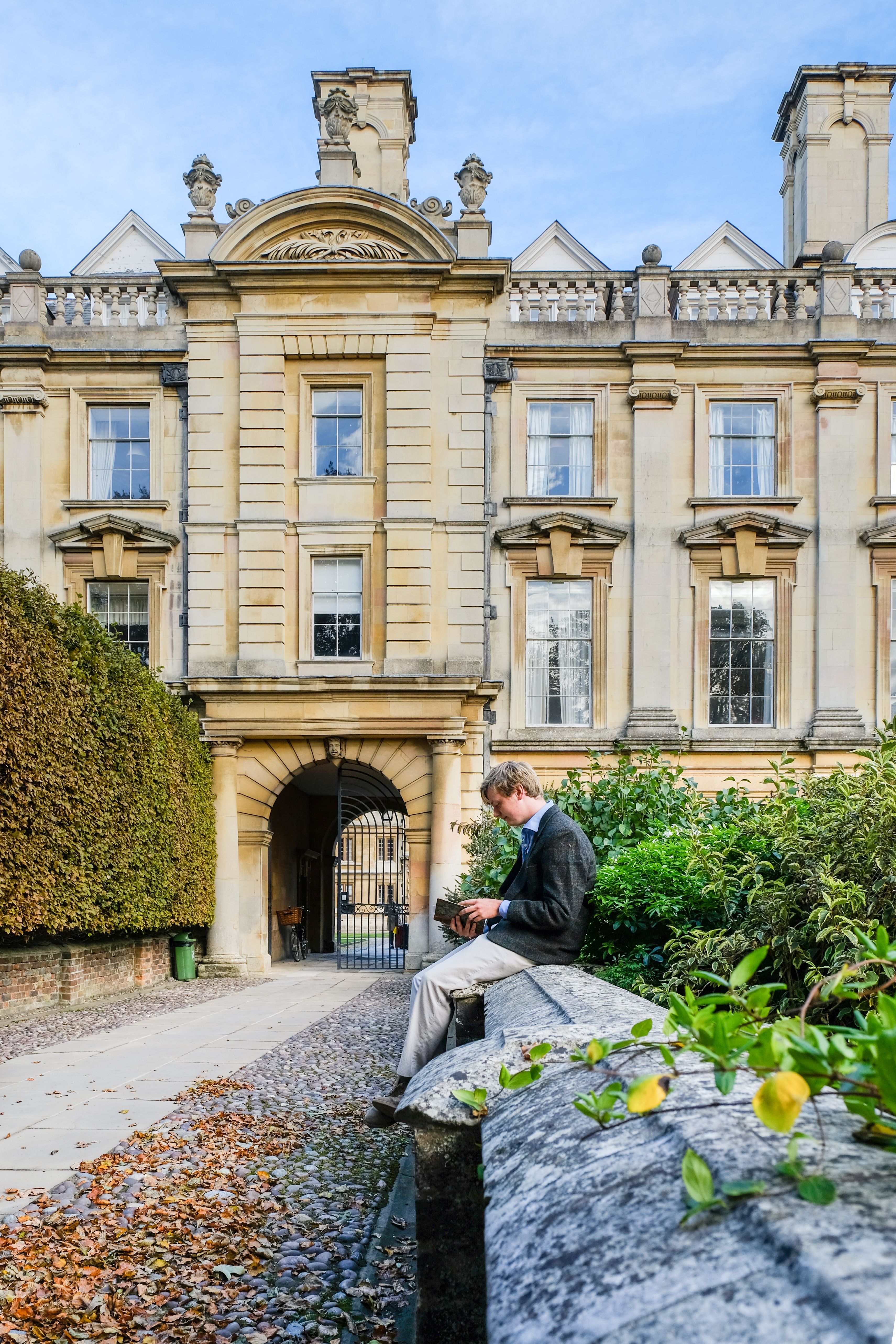

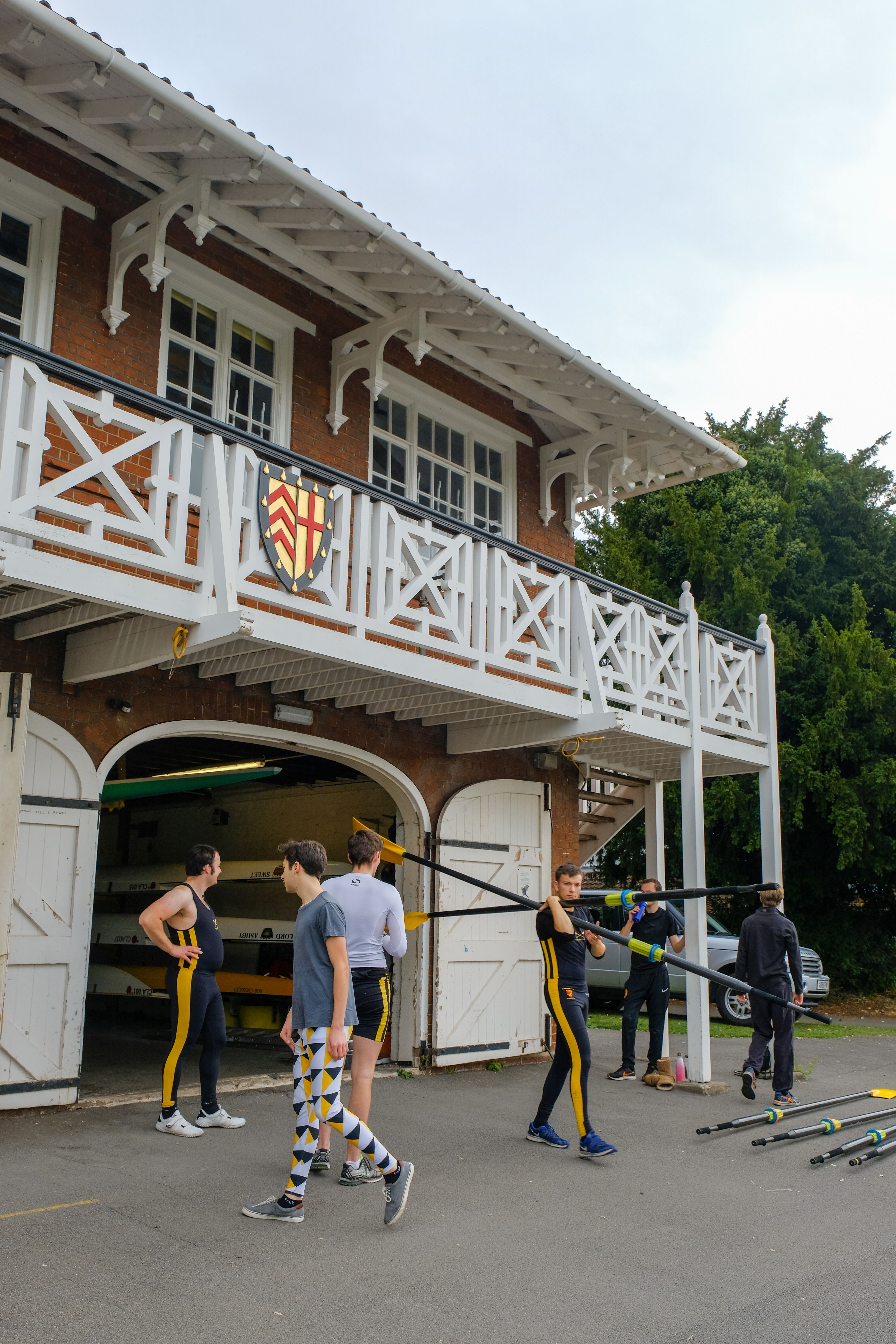
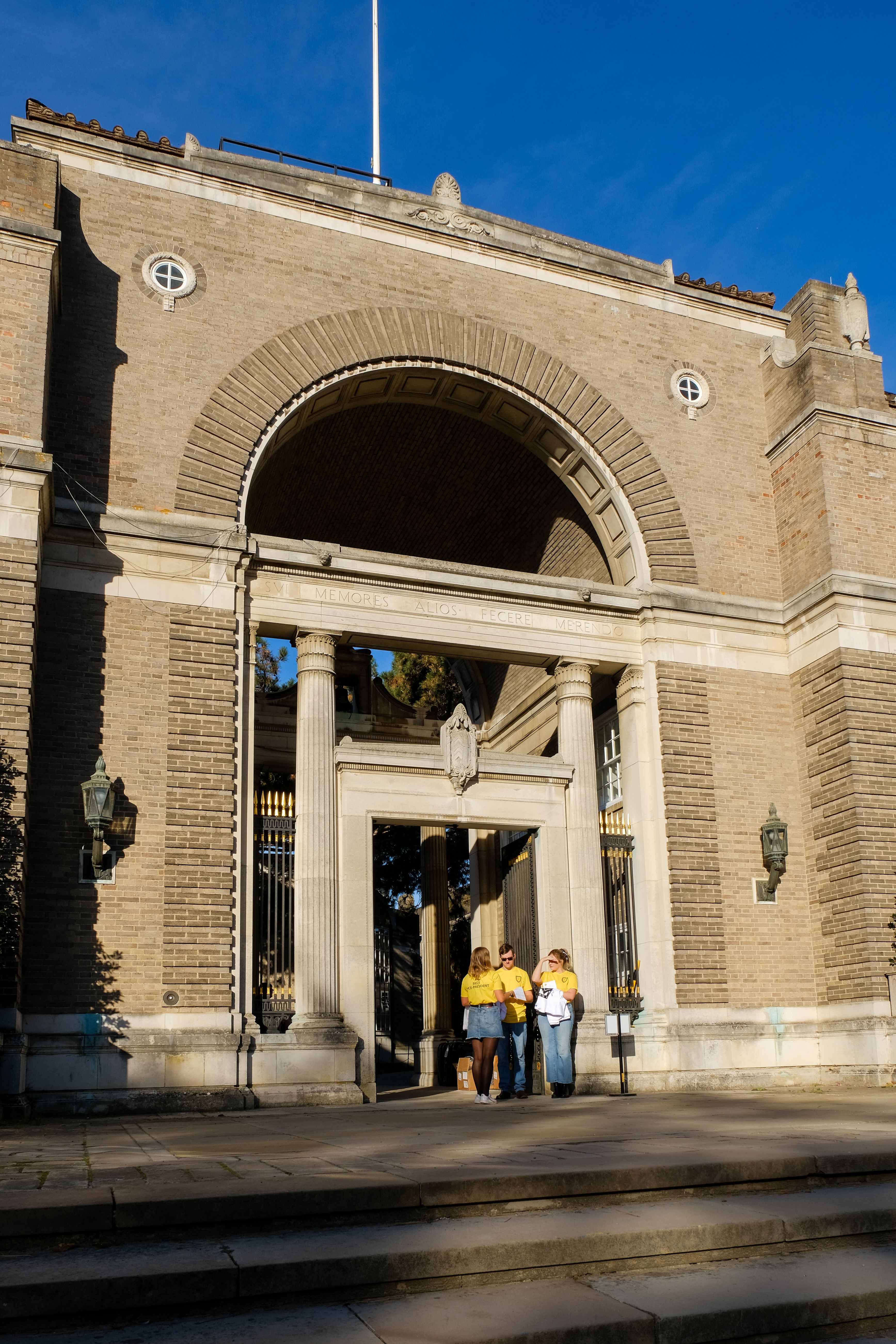
Additional alumni questions
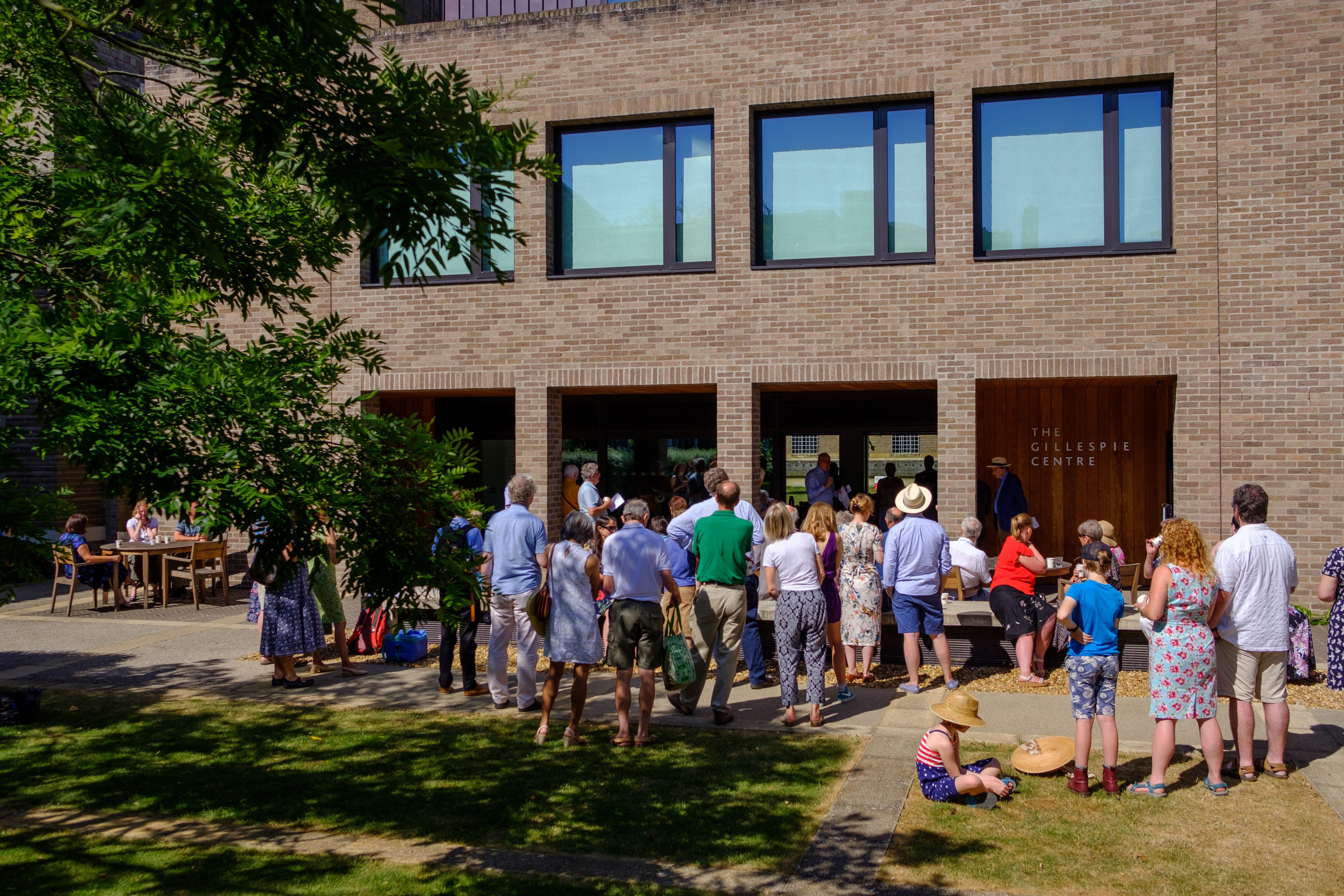
Q17 College events
Respondents were asked if they had attended a College event, in person or online, in the past 5 years.
57% of respondents answered yes.
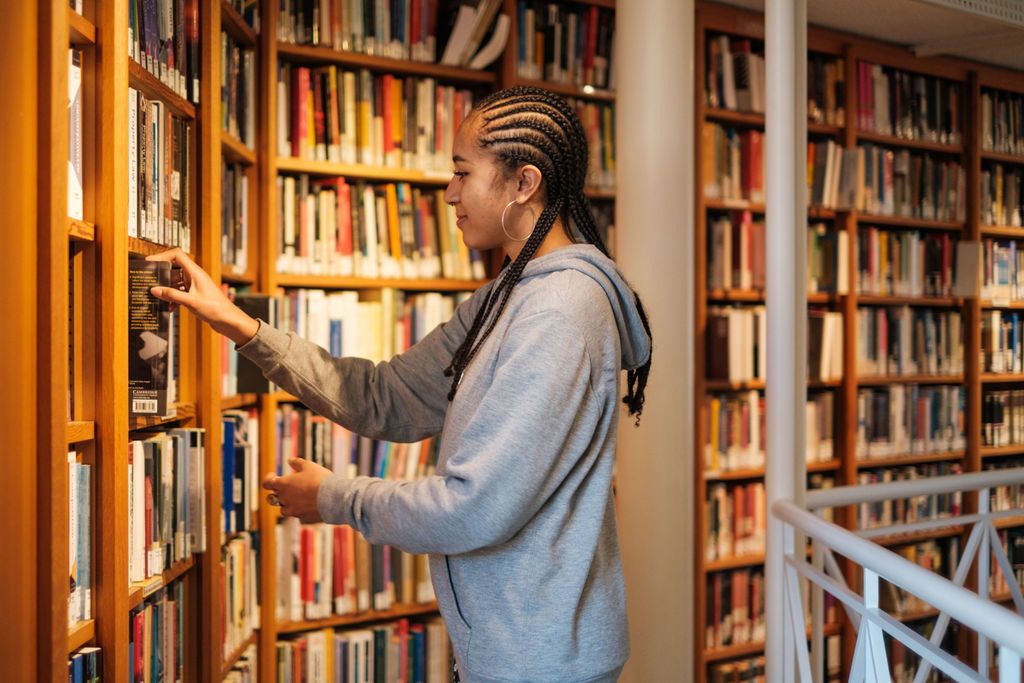
Q18 Alumni benefits: importance
Respondents were asked to rank the importance of different alumni benefits.
Publications and Reunions & Events were considered the most important benefits.
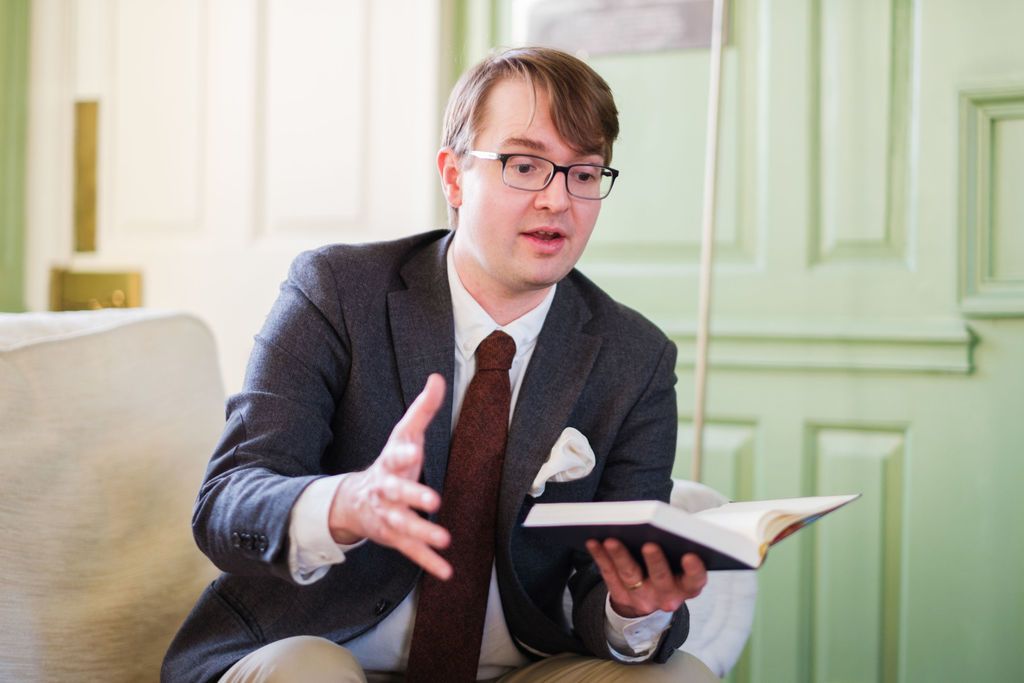
Q19 Alumni benefits: usage
Respondents were asked if they had ever used a particular benefit.
- Over 80% of alumni have engaged with College alumni publications.
- Over 70% of alumni have attended a College reunion or event.
- Nearly 40% of alumni have booked a College room.
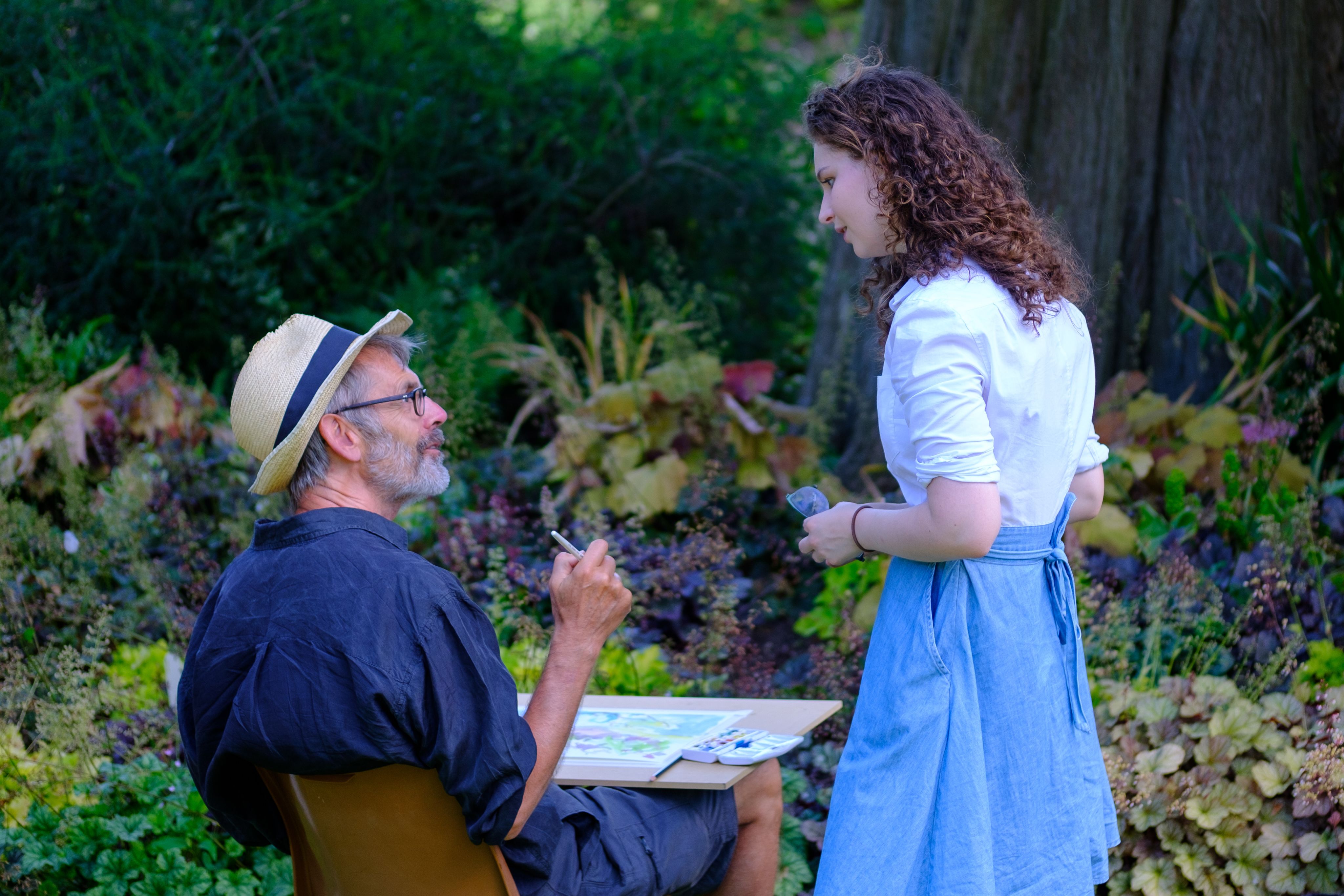
Q20 How can almuni help?
Respondents were asked to rank in importance ways in which they thought alumni could help the College.
The most popular first choices were:
- Offering careers advice or internships to current Clare students
- Supporting the College financially through a donation
Strategic vision process
The next steps of the process involve seeking external challenge from leading thinkers outside the higher education sector, and discussion of emerging themes with focus groups of Fellows, students, staff and alumni.
Saturday 1 July 2023
The Master and Fellow for Development will discuss the results of the questionnaire and the emerging themes at the Clare Gala Day.
Saturday 16 September 2023
The Alumni Council will discuss the emerging themes and how alumni can further help shape and support the College’s vision for its eighth century.
Successive drafts of the Strategic Vision document will be discussed by the College Council, Finance Committee and Governing Body.
It is hoped to adopt and publish the final Strategic Vision document in spring 2024.
